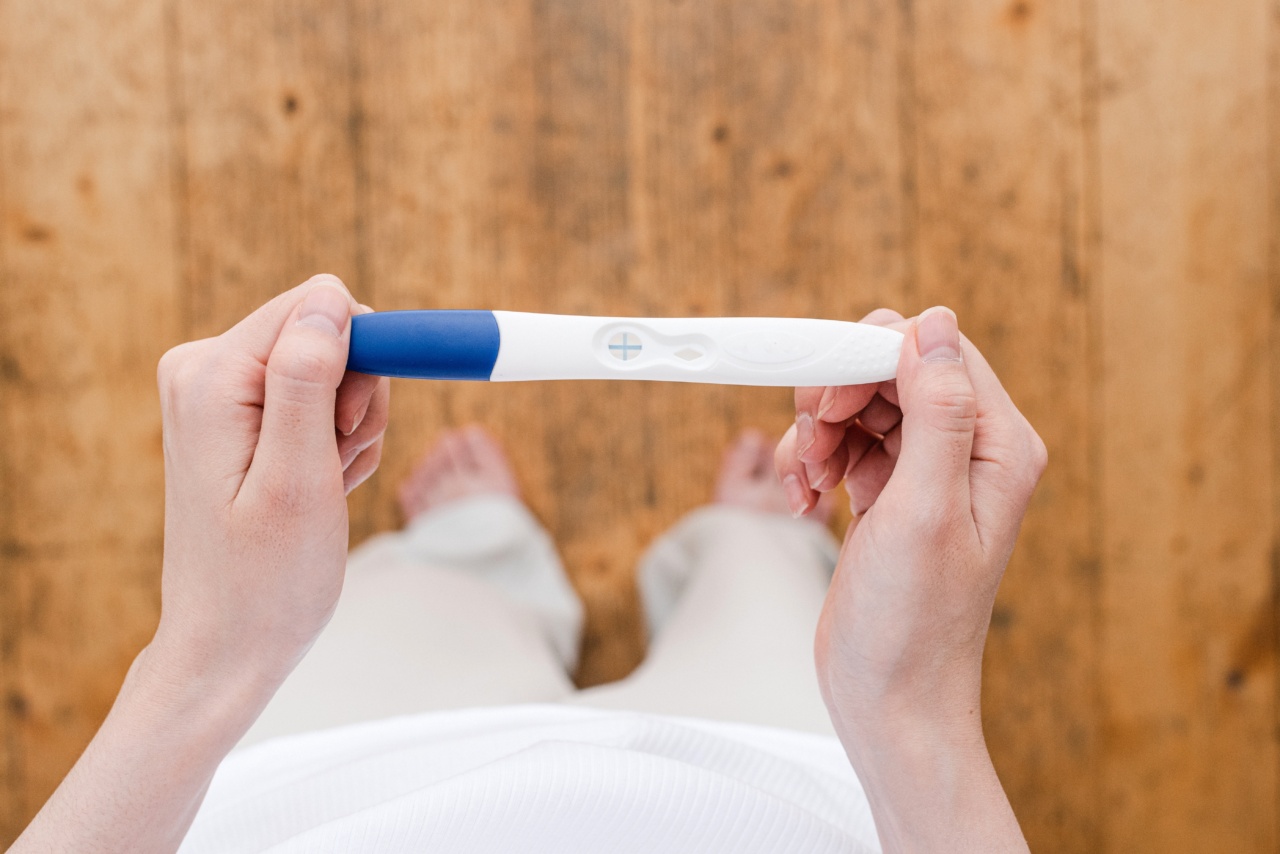Pregnancy removal, also known as abortion, is a medical procedure that terminates a pregnancy. While it is a common practice worldwide, it is not without risks.
One major concern for women considering pregnancy removal is the potential impact it may have on their fertility. In this article, we will discuss the various risks associated with pregnancy removal and how they can affect a woman’s future fertility and ability to conceive.
1. Infection
One of the potential risks of pregnancy removal is the development of infections. When the uterus is mechanically manipulated during the procedure, it becomes susceptible to bacterial infections.
Infection can cause damage to the reproductive organs, including the fallopian tubes and uterus, and increase the risk of future infertility.
It is important to note that the risk of infection can be minimized by ensuring the procedure is performed in a safe and sterile environment by qualified healthcare professionals.
2. Uterine Perforation
Uterine perforation is a rare but serious complication that can occur during pregnancy removal. It happens when a surgical instrument punctures the uterus or damages nearby organs.
This can cause scarring, adhesions, and potential impairment of the fallopian tubes or ovaries. Uterine perforation can lead to complications in future pregnancies, including ectopic pregnancies.
3. Asherman’s Syndrome
Asherman’s syndrome is a condition characterized by the formation of scar tissue within the uterus. It can occur as a result of uterine injury during pregnancy removal, leading to the fusion of the uterine walls.
This can cause changes in the menstrual cycle, recurrent miscarriages, and infertility. Although Asherman’s syndrome is relatively rare, it can have a significant impact on a woman’s reproductive health.
4. Emotional Impact
Pregnancy removal can have emotional consequences for some women. The decision to terminate a pregnancy can be emotionally challenging, and feelings of guilt, sadness, and grief may arise.
These emotional factors can indirectly affect a woman’s fertility by causing stress, anxiety, and depression, which can disrupt the normal hormonal balance necessary for ovulation and conception.
5. Cervical Incompetence
Cervical incompetence, also called cervical weakness, is a condition in which the cervix begins to dilate prematurely during subsequent pregnancies. This can increase the risk of miscarriage or preterm birth.
Some studies suggest that pregnancy removal may be associated with a higher risk of cervical incompetence in future pregnancies. However, further research is needed to establish a definitive link.
6. Hormonal Imbalance
Pregnancy removal can potentially disrupt the delicate hormonal balance in a woman’s body. Hormones play a crucial role in regulating the menstrual cycle, ovulation, and implantation of a fertilized egg.
Any disruption in hormonal levels can affect these processes, making it more difficult to conceive in the future.
7. Psychological Factors
Aside from the emotional impact mentioned earlier, psychological factors such as increased stress, anxiety, and depression can indirectly affect a woman’s fertility.
These factors can alter the release of hormones essential for ovulation and fertilization, further complicating the process of conception.
8. Surgical Adhesions
Surgical adhesions can occur as a result of scar tissue formation after pregnancy removal. Adhesions are bands of fibrous tissue that develop between organs or tissues that are not normally connected.
In some cases, these adhesions can cause blockages or distort the normal structure of the reproductive organs, hindering the meeting of the egg and sperm, and reducing the chances of pregnancy.
9. Pelvic Inflammatory Disease (PID)
Pelvic inflammatory disease, or PID, is an infection of the female reproductive organs. It can occur when bacteria ascend from the vagina into the uterus and other reproductive structures.
While PID is not directly linked to pregnancy removal, it can be a potential complication if an infection occurs during or after the procedure. PID can cause scarring and damage to the reproductive organs, leading to infertility.
10. Future Pregnancy Complications
Women who have undergone pregnancy removal may face an increased risk of certain complications in future pregnancies. These complications include ectopic pregnancies, gestational diabetes, placenta previa, and placental abruption.
It is essential for women who have had a pregnancy removal to inform their healthcare providers about their medical history to ensure appropriate monitoring and care during subsequent pregnancies.
While pregnancy removal is a safe and legal option for women, it is crucial to be aware of the potential risks associated with the procedure.
Understanding these risks can help individuals make informed decisions and take the necessary steps to protect their reproductive health. If you have concerns about pregnancy removal and its impact on your fertility, it is recommended to consult with a healthcare professional who can provide personalized guidance and support.






























